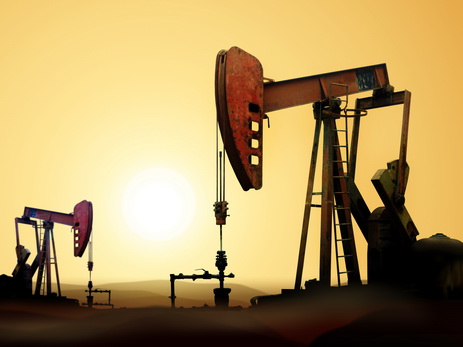Natural Gas Europe Caspian Overview: BP's Caspian Gas

By Ilham Shaban
Azerbaijan produced about 9.363bn m³ of commercial gas in the first half of this year, down 8.8% year-on-year, of which BP-operated fields counted 71.6%, a top energy official told NGE.
BP is the operator of the Caspian Sea’s Shah Deniz gas field as well as Azeri-Chirag-Guneshli (ACG) block. BP produced 6.71bn m3 of commercial gas in the period, which was down by 590mn m3 on the same period last year.
An Azerbaijani official, who wanted to remain anonymous, said that BP had injected more gas into ACG to maintain oil output, which led to 652,000 b/d production.
He said that BP delivered only 1.31bn m3 of commercial associated gas from ACG to Azerbaijan in the period – down about 37.6% – and the rest of the gas produced from this block was re-injected into oil wells.
Coming to Shah Deniz, he said that the BP-led consrotum produced 5.4bn m³ from the first phase of this giant field (SD1), which indicated 3.8% growth year-on-year and daily production hit a new record above 30mn m³. He said that the current output was on target for the year as a whole.
In early 2016, Azerbaijani energy minister Natig Aliev said that this year’s production target was 10.2bn m3 of gas from SD1, compared with last year’s 9.9bn m3. About 30% of SD1’s gas is consumed in Azerbaijan, while 8% and 60% of that goes to Georgia and Turkey respectively.
Azerbaijan is preparing to start up SD2 in 2018, which would deliver 16bn m3/yr of gas to Turkey and EU in 2021 initially. The figure would reach 24bn m3/yr by 2024 and 31bn m3/yr by 2030.
Despite the low oil price, Azerbaijan says it is continuing with the development of Southern Gas Corridor (SGC), including South Caucasus Pipeline explanation (Scpx), Trans Anatolian gas pipeline (Tanap) and Trans Adriatic pipeline, aimed to transit SD2's gas to Turkey and EU.
Azerbaijan state oil company Socar has rushed to assure the Turkish government that it will continue with all its major projects and planned investments after the failed military coup of July 15. Socar has been implementing several projects in Turkey with total cost above $18bn, including $9.2-bn worth Tanap.
Socar also continues negotiations to acquire a stake in Greek operator Desfa. The Greek minister for the environment, energy and climate change Panos Skourletis this week accused the European Commission of delaying the deal to sell a stake to Socar. In a speech in Greek parliament Skourletis said that some conditions laid down by the European Commission had significantly delayed the privatisation of the gas operator. In particular, cutting Socar’s share in Desfa to 49% will turn Socar into a passive shareholder with no right to vote in the company’s management.
Deputies of the Greek parliament warned that problems with Desfa privatization could deprive the economy of significant financial injection from Socar.
In 2013 Socar won the tender to buy 66% for €400mn. Socar will buy 31% share from the Greek government and a full package of 35% from Hellenic Petroleum.
Ilham Shaban is Director of the Azerbaijan Centre for Oil Studies in Baku














